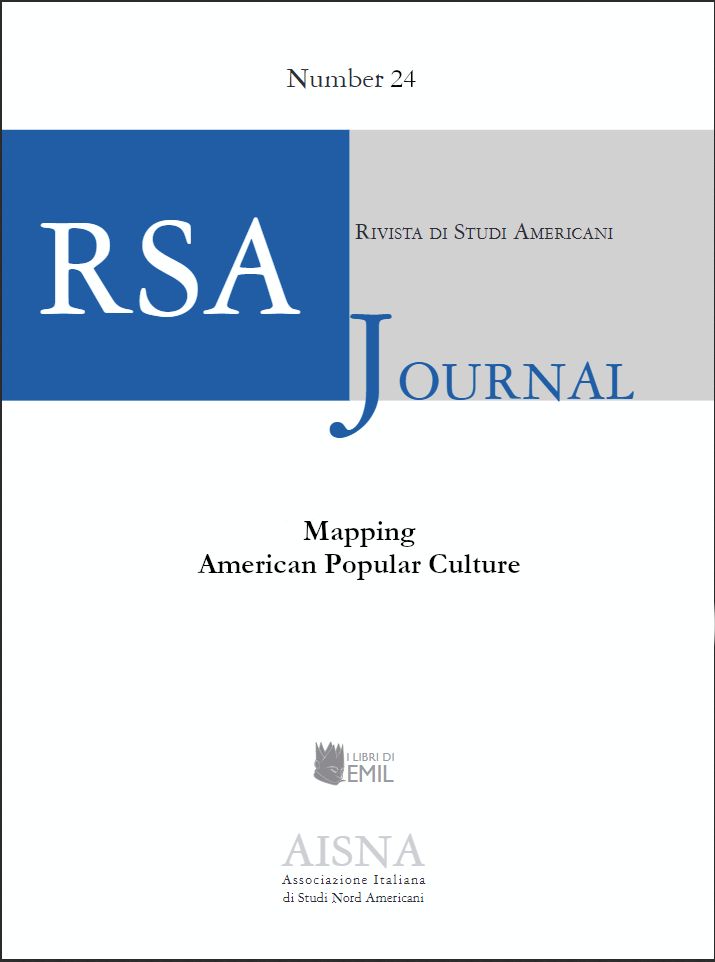Super-Pop Culture
With Great Power, A Greater Irresponsibility
DOI:
https://doi.org/10.13135/1592-4467/8676Keywords:
American pop culture, superhero, irresponsibilityAbstract
This essay focuses on the issue of “ir/responsibility” in one of the foremost examples of globally dominant American pop culture, superhero comic books, whose (super)power of influencing ideological attitudes and worldviews has been dramatically strengthened by their conquest of the Hollywood blockbuster industry. Popular culture is usually associated with a marked social and political irresponsibility, committed as it is (or should be) to elicit the most superficial forms of harmless pleasure. But since the very birth of the genre, superheroes have always been self-reflectively engaged in questioning the motivations and consequences of their actions. Spider-Man’s famous motto, “with great powers comes a great responsibility,” dates August 1962, but it fairly describes Superman’s (or Captain America’s) earliest endorsement of “truth, justice, and the American way.” The essay will briefly describe some of the various trajectories superheroes have taken through the decades in facing the moral and political implications of their predicament, showing the main ideological contradictions embedded in this form of expression, as well as the different and conflicting meanings the concept of “responsibility” has come to take.
Downloads
Published
Issue
Section
License
RSAJournal will apply a CC BY 4.0 license to all its contributions starting with issue 37 (2026). Previous issues are licensed under a CC BY-NC-ND licence.





